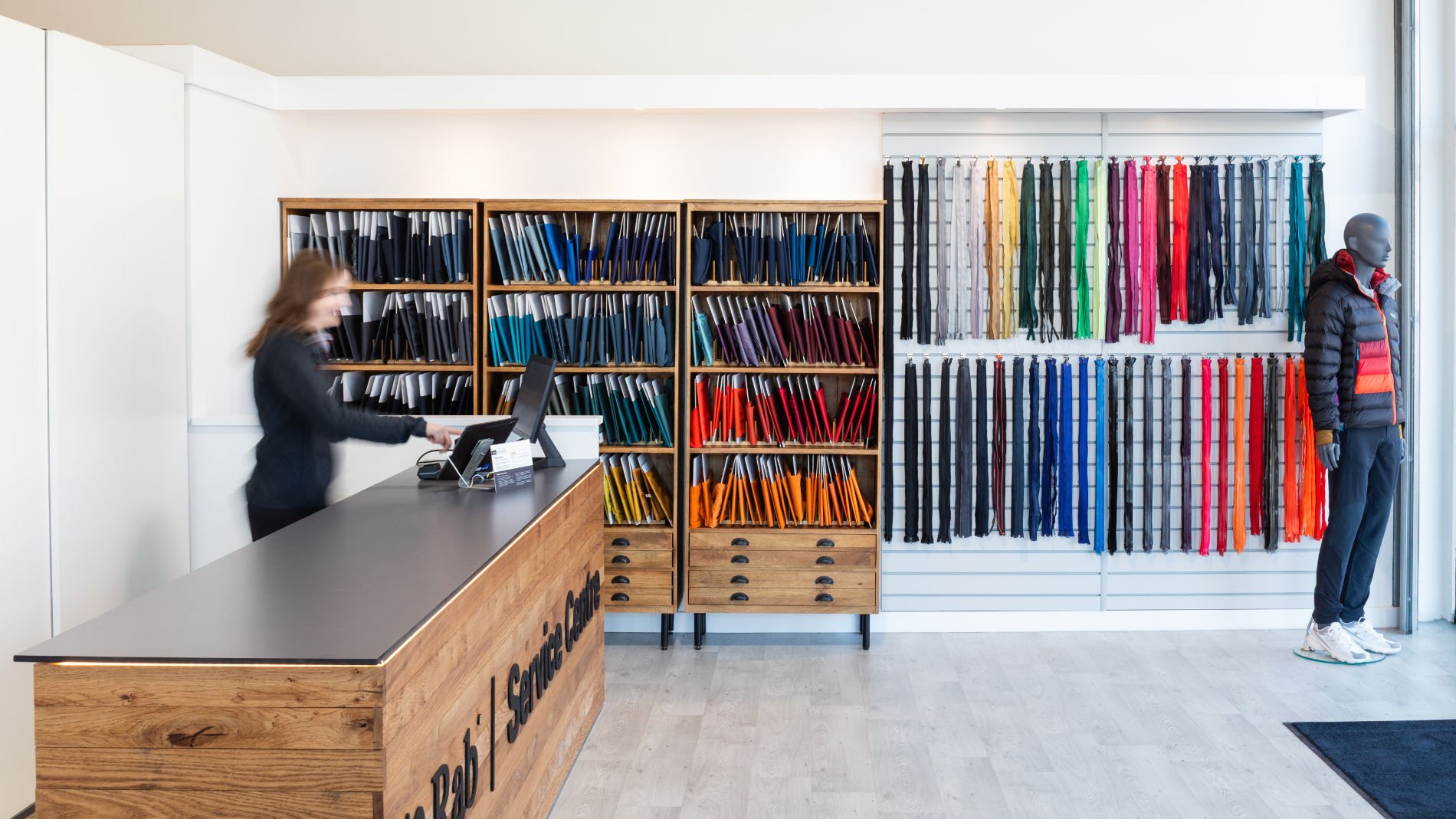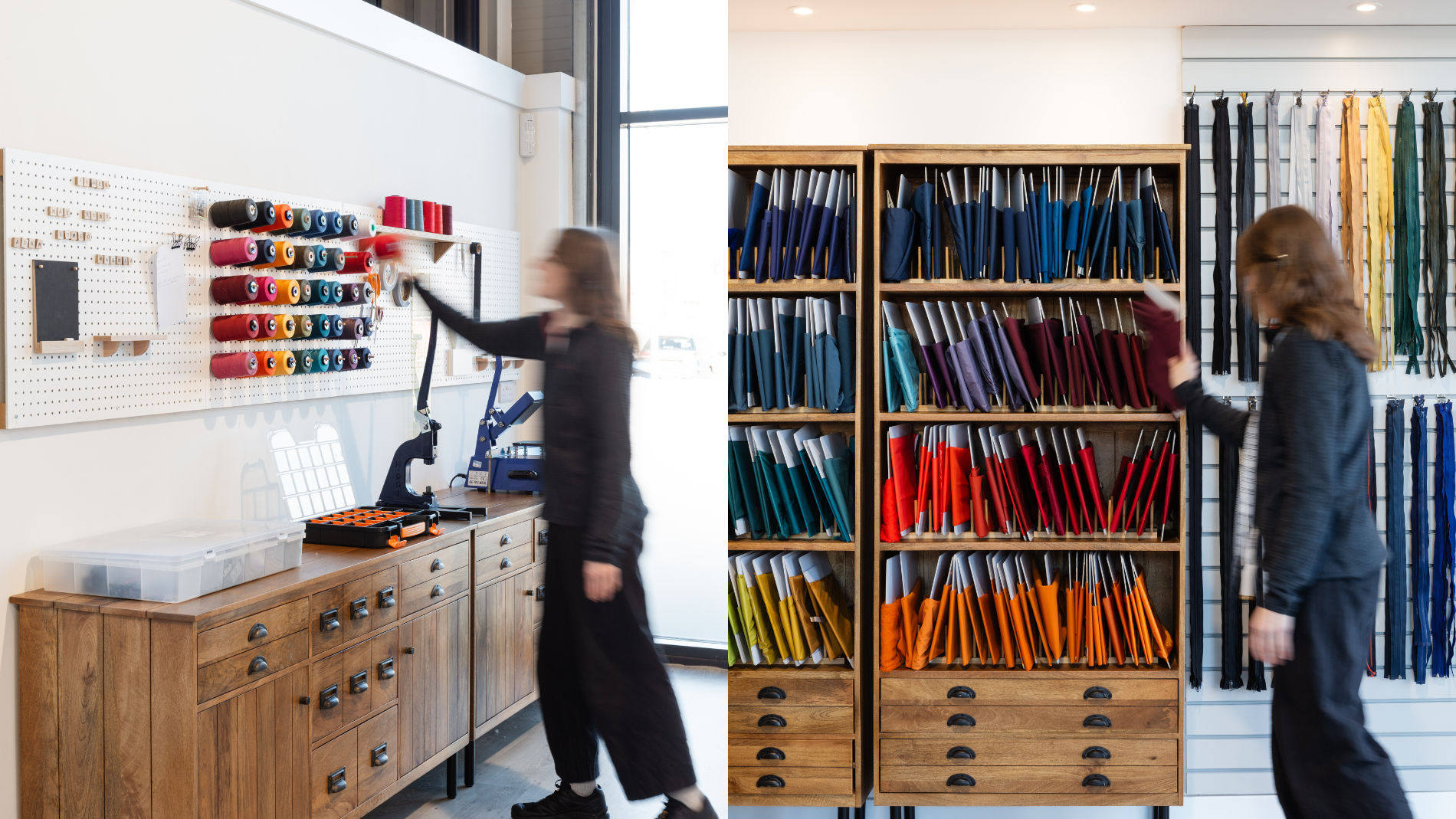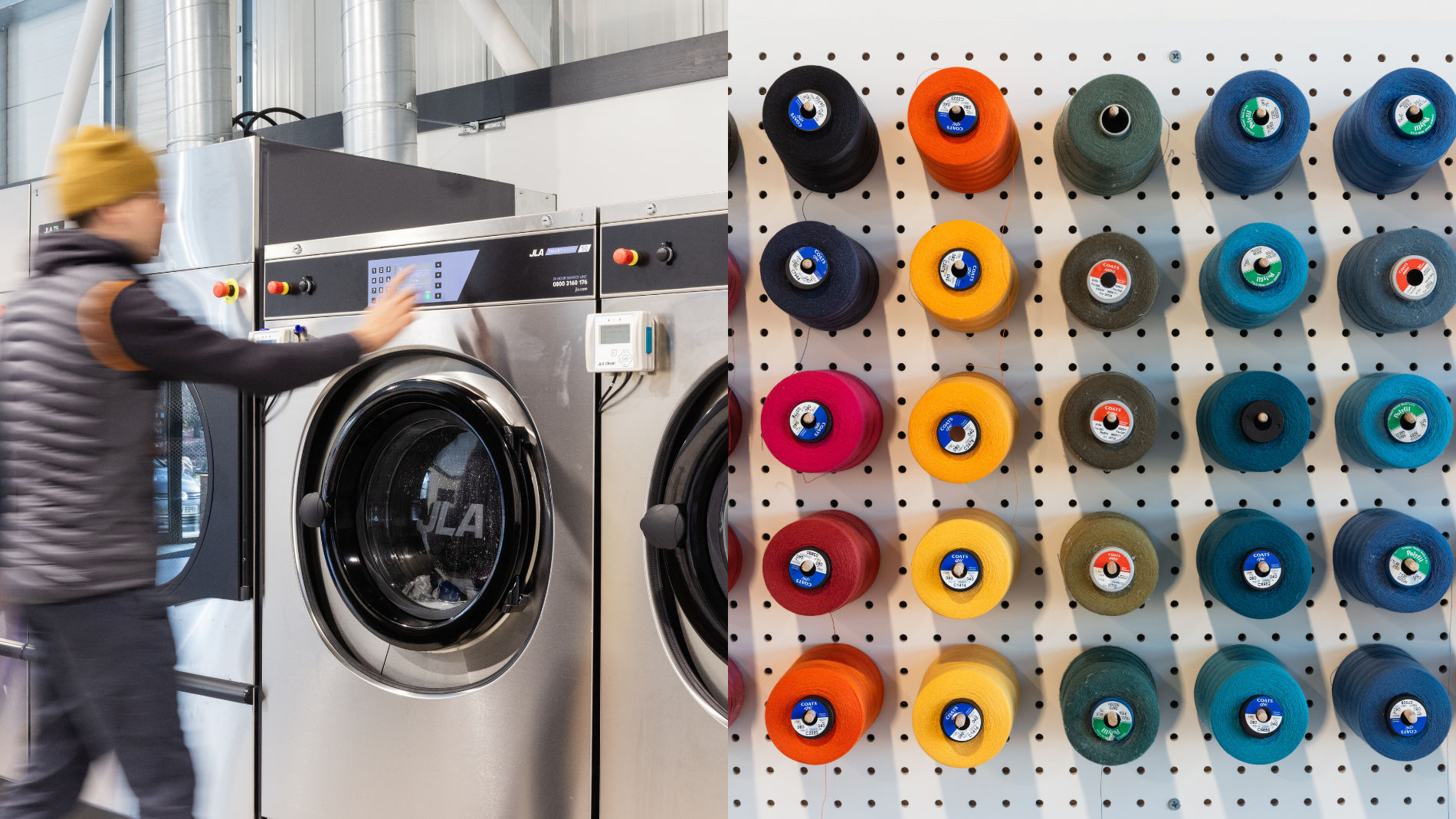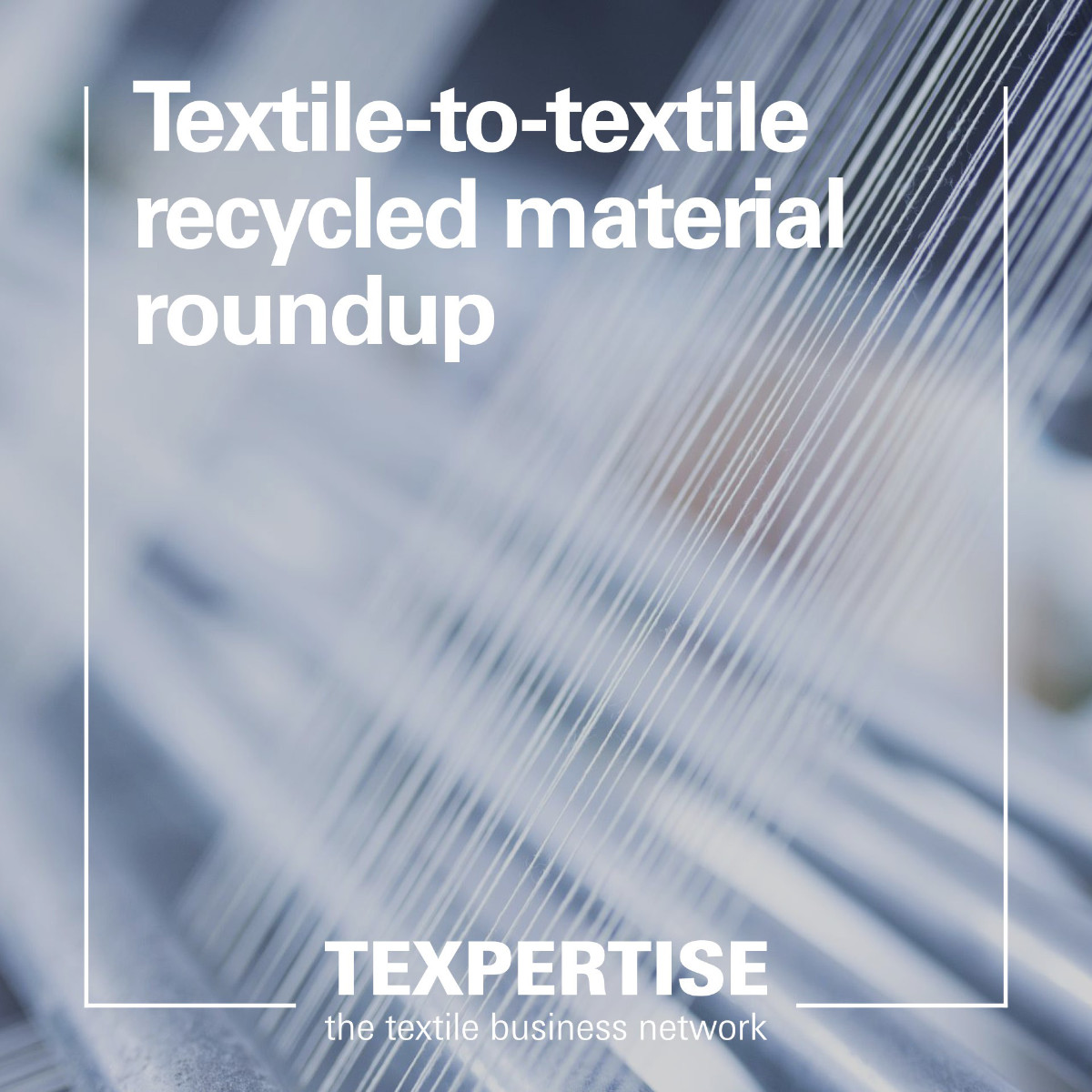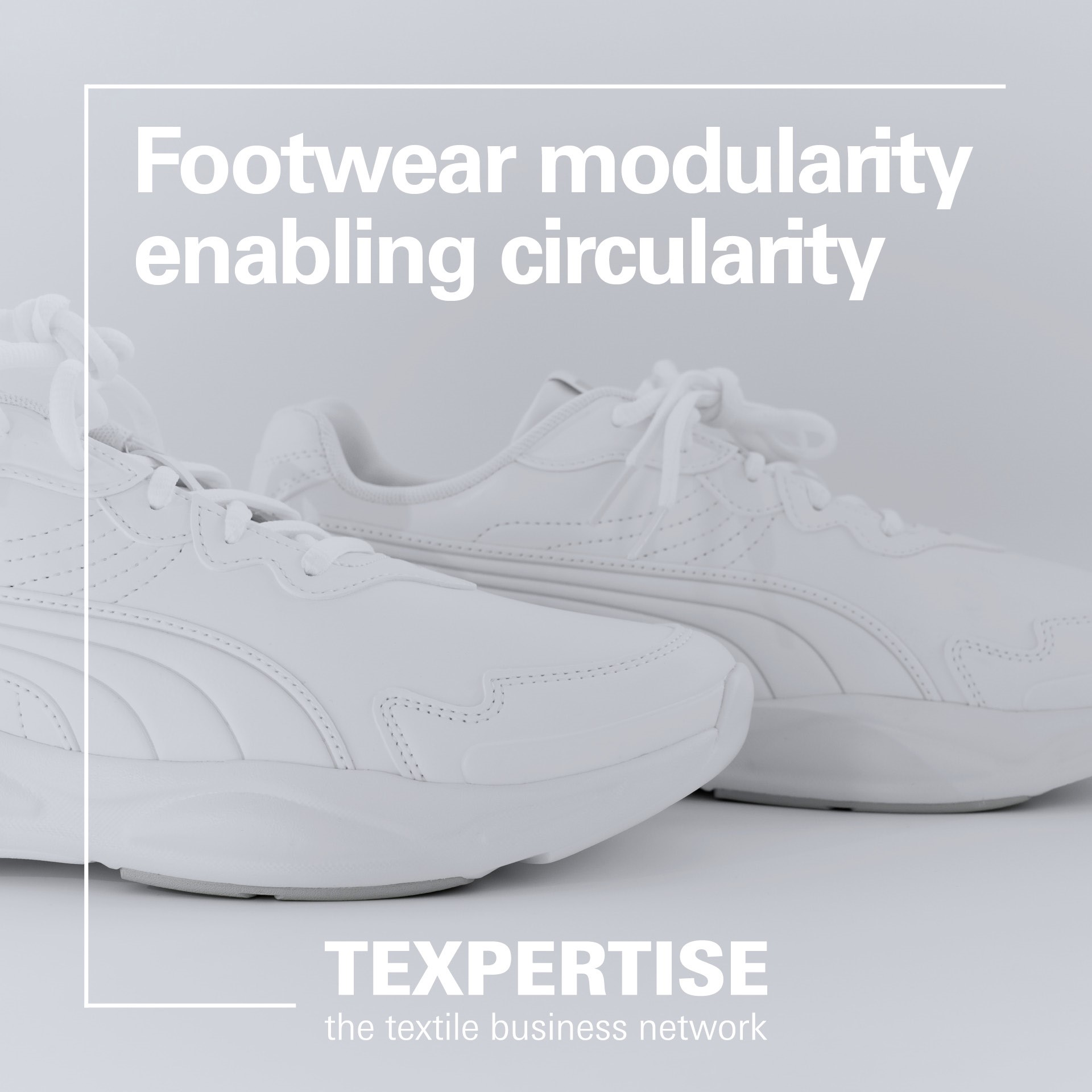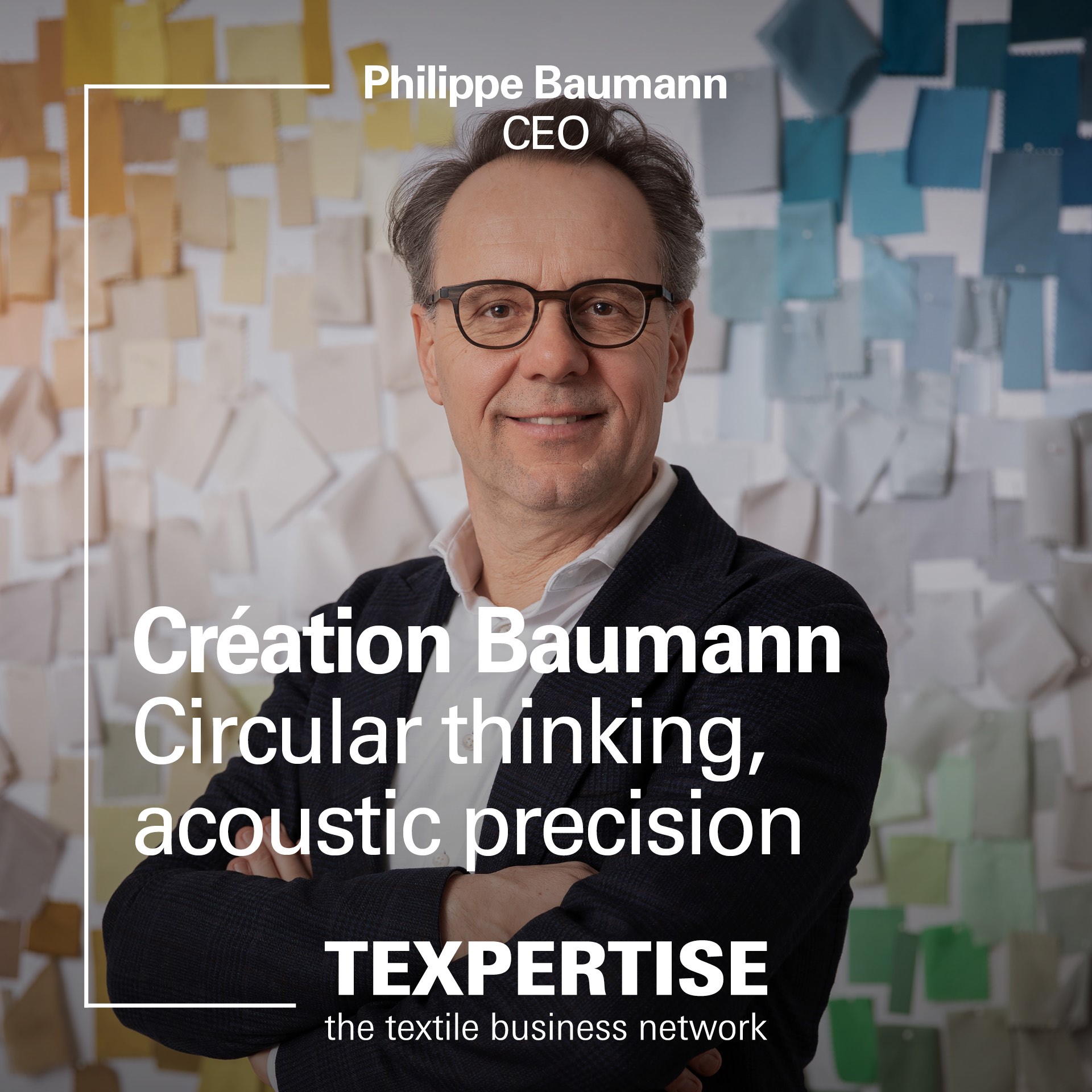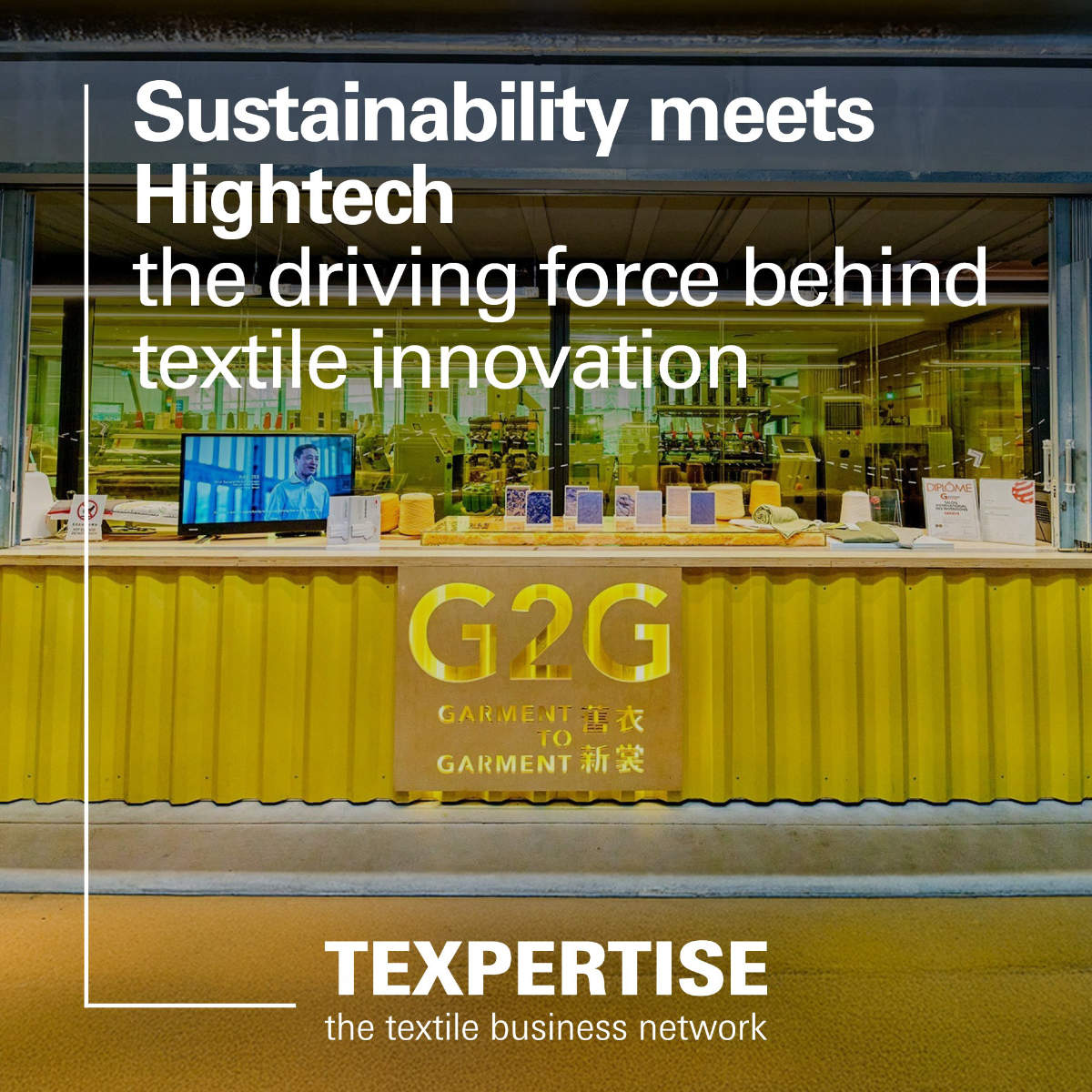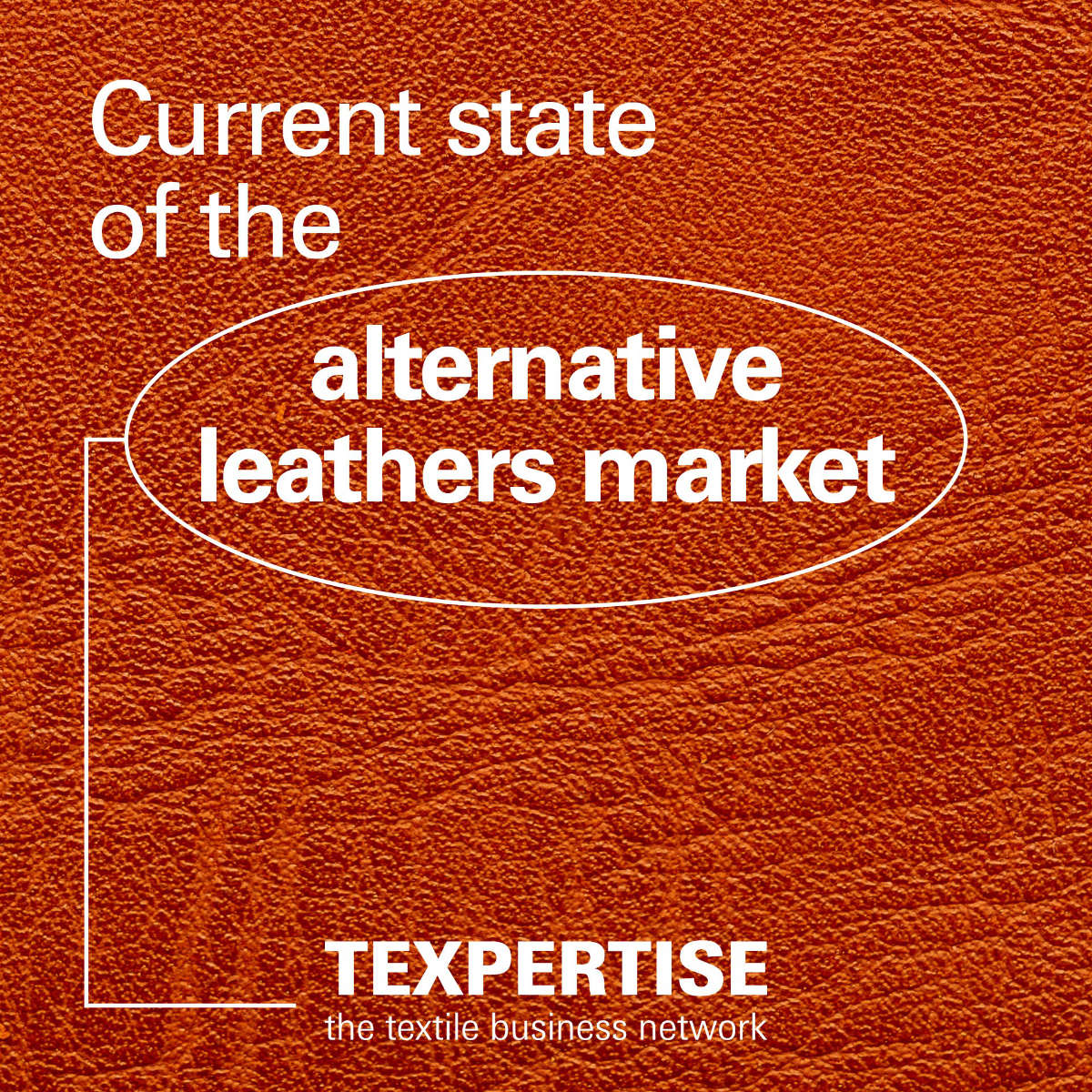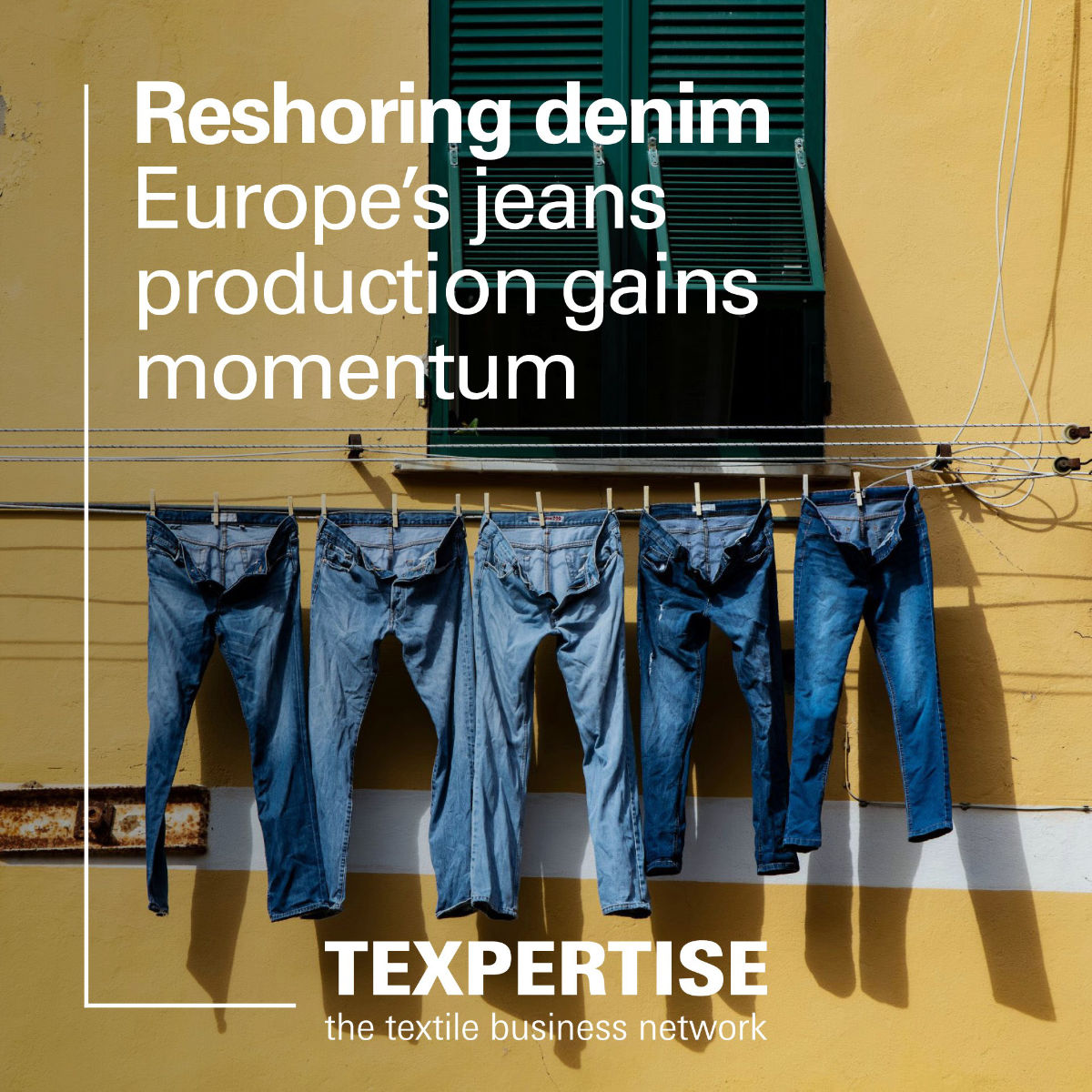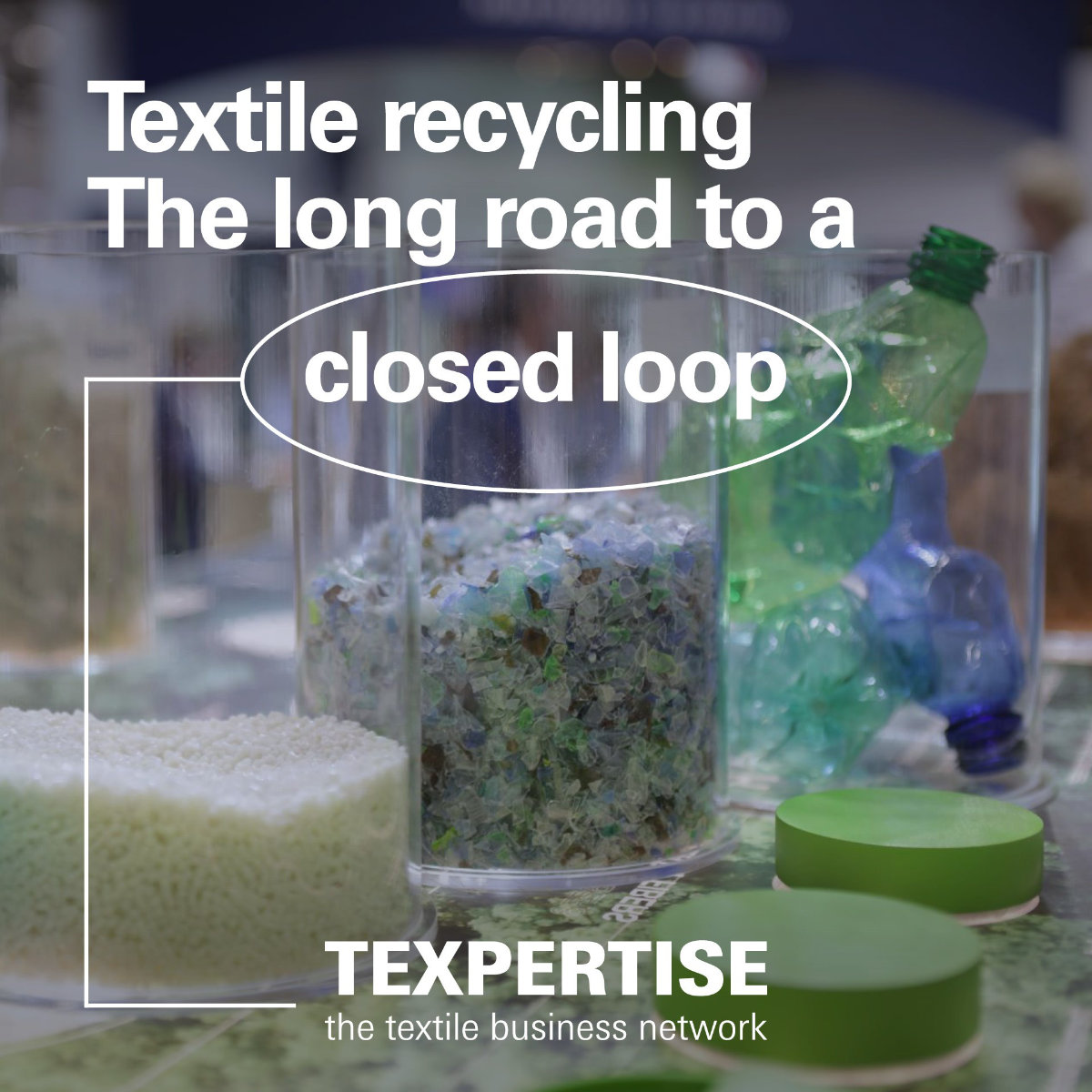Reading time: 1 minute
Kathmandu x LanzaTech – From Emissions to Polyester
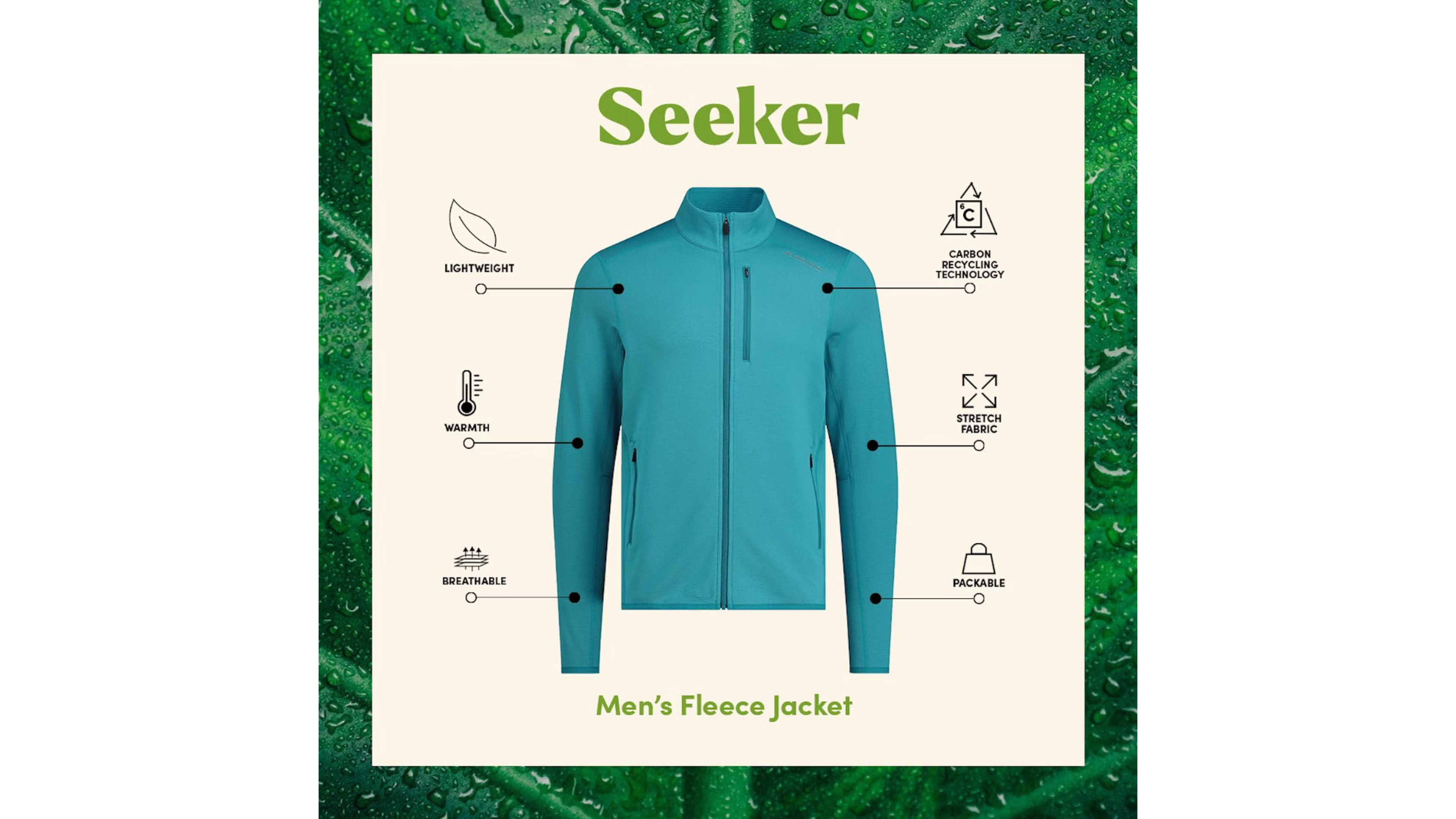
- Innovation: Kathmandu uses LanzaTech’s technology, which converts industrial emissions (e.g. from steel mills) into ethanol that is then processed into polyester yarn.
- Collection: The Seeker range contains over 60% recycled polyester and is complemented by materials such as Q-Cycle, a nylon made from recycled car tyres.
- Benefits: Combines light weight, breathability, and odour resistance (achieved through a natural, citric acid-based treatment).
- Goal: To reduce greenhouse gas emissions and promote alternative raw material sources.
- Initiative: The British brand Rab opened its first publicly accessible service and repair centre in Cheshire, England, in May 2025.
- Performance: In addition to online repairs (max. £40), more than 13,500 products are repaired and 8,400 washed each year – including non-Rab items.
- Outlook: Rab plans to expand this service globally (including to the USA, Canada, and the Netherlands).
- Goal: To extend product lifespan and reduce textile waste.
Forest Green Rovers – Sustainable Football
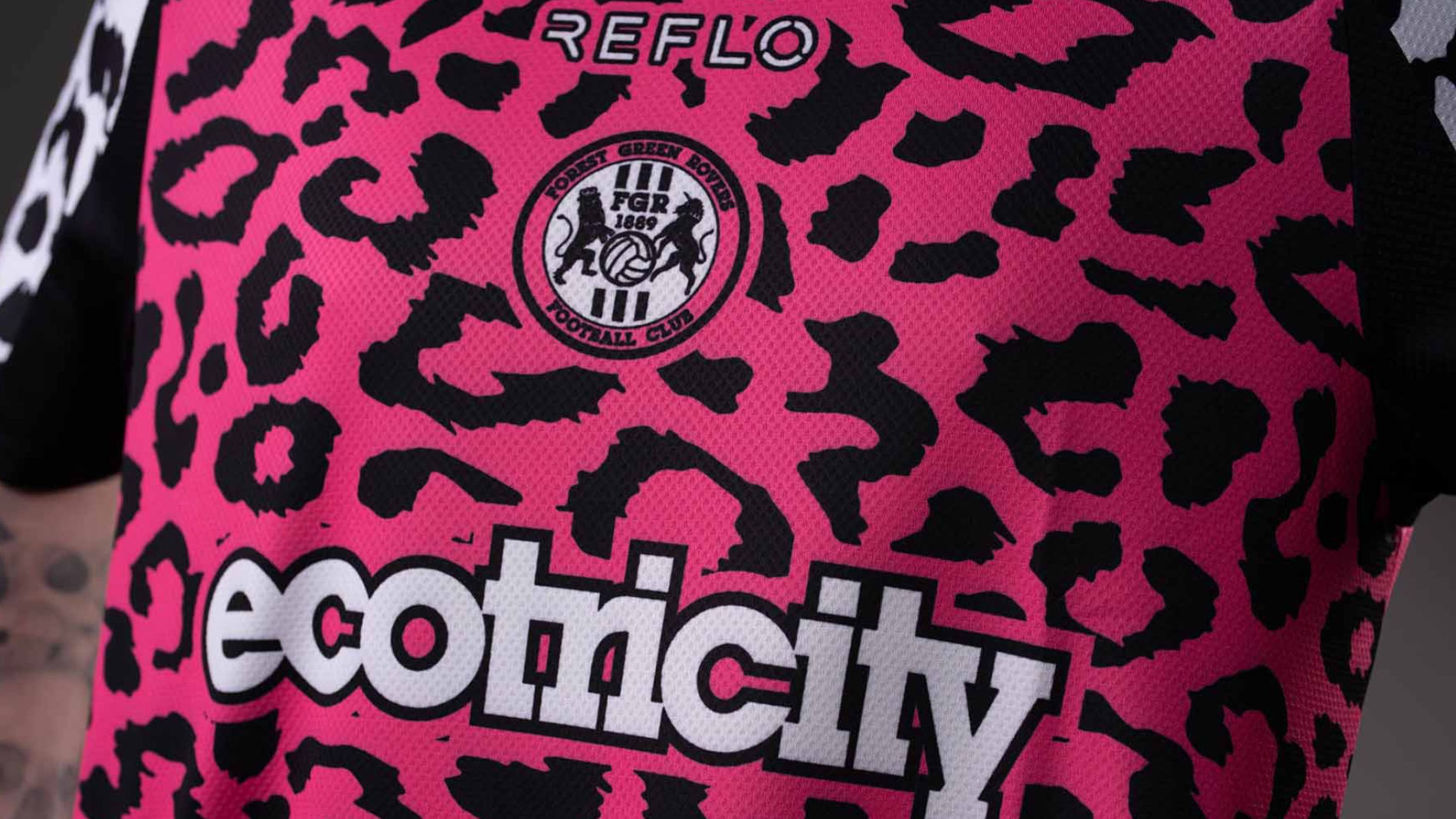
- Project: The English football club Forest Green Rovers (FGR) has launched a vegan, fully recyclable football kit for the 2025/26 season.
- Material: Made from mono-fibre recycled fabrics (by Reflo) and dyed with plant-based inks.
- Circular Principle: The kit can be mechanically recycled after use – using the same Reloop technology that created the material.
- Sustainable Approach: The kit will be worn for two seasons to reduce consumption; part of the club’s holistic sustainability strategy (vegan catering, renewable energy, plastic-free initiatives).
